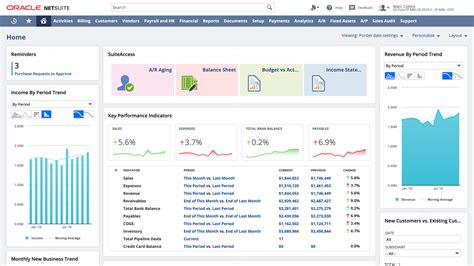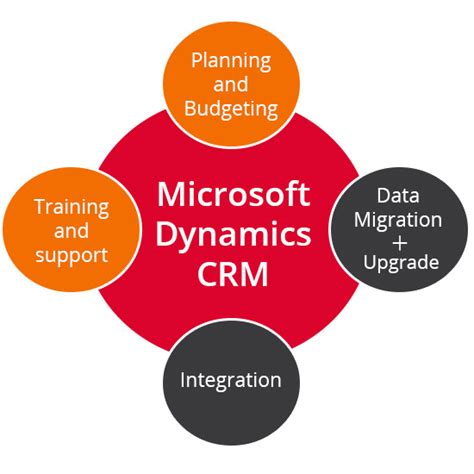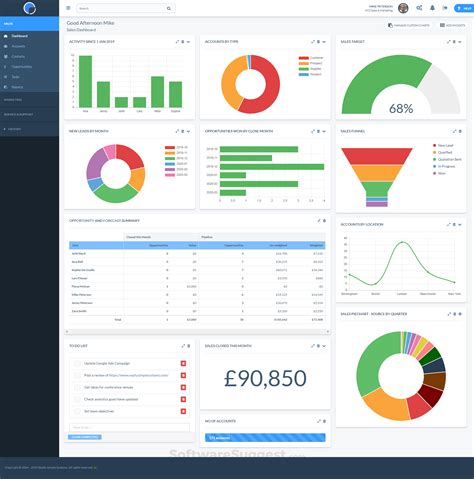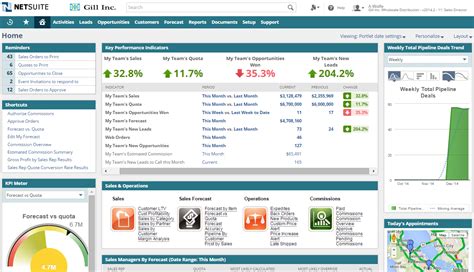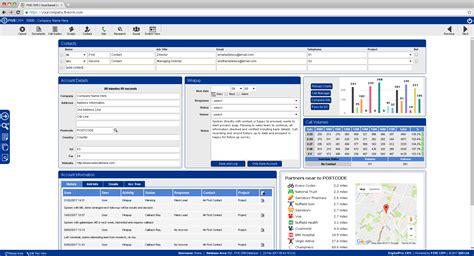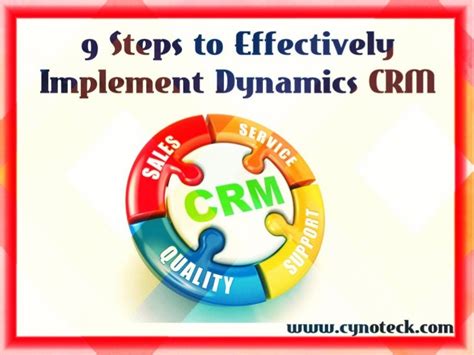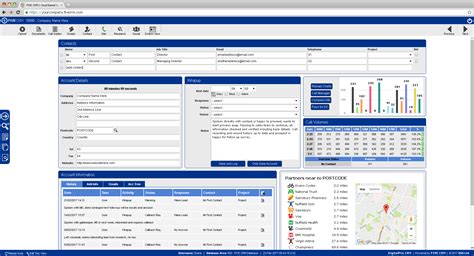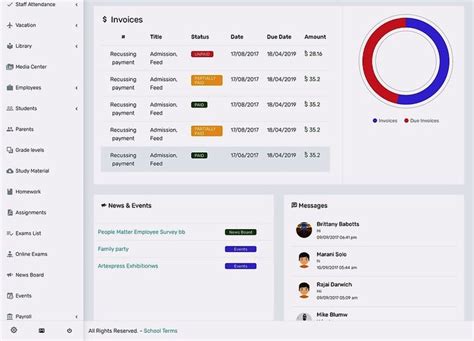Introduction
In today’s fast-paced world, customer service is a critical aspect of any business. However, managing customer interactions can be a daunting task for call center agents. With the advent of CRM (Customer Relationship Management) systems, call centers can now easily track and manage customer interactions, improve customer experience, and increase customer retention.
What is CRM?
CRM is a software application that enables businesses to manage customer interactions and relationships. It helps businesses to streamline their customer service operations, automate processes, and provide personalized services to customers. CRM systems are widely used in call centers to manage customer interactions and provide a better customer experience.
Why is CRM important for call centers?
Call centers handle a large volume of customer interactions every day. Without a proper system in place, it can be challenging to manage and track these interactions. CRM systems help call centers to organize customer data, track interactions, and provide personalized services to customers. This, in turn, leads to improved customer experience, increased customer satisfaction, and higher customer retention.
Benefits of CRM for call centers
1. Improved customer experience
CRM systems allow call centers to provide personalized services to customers. Agents can access customer data, purchase history, and interaction history, which helps them to provide relevant and personalized solutions to customers. This leads to improved customer experience and satisfaction.
2. Increased efficiency
CRM systems automate several processes, such as call routing, call logging, and data entry, which leads to increased efficiency in call center operations. This, in turn, leads to faster resolution of customer issues and a reduction in call handling time.
3. Better analytics and reporting
CRM systems provide call centers with detailed analytics and reporting features. Call centers can track call volume, call duration, customer satisfaction, and other metrics to improve their operations. This helps call centers to make data-driven decisions and improve their customer service.
4. Improved agent productivity
CRM systems provide agents with access to customer data, which helps them to resolve issues faster. Agents can also collaborate with other agents and departments to provide better services to customers. This leads to improved agent productivity and job satisfaction.
Conclusion
CRM systems are essential for call centers to manage customer interactions and provide a better customer experience. With the right CRM system in place, call centers can improve their operations, increase customer satisfaction, and retain their customers. If you’re running a call center, it’s time to invest in a CRM system and take your customer service to the next level.


